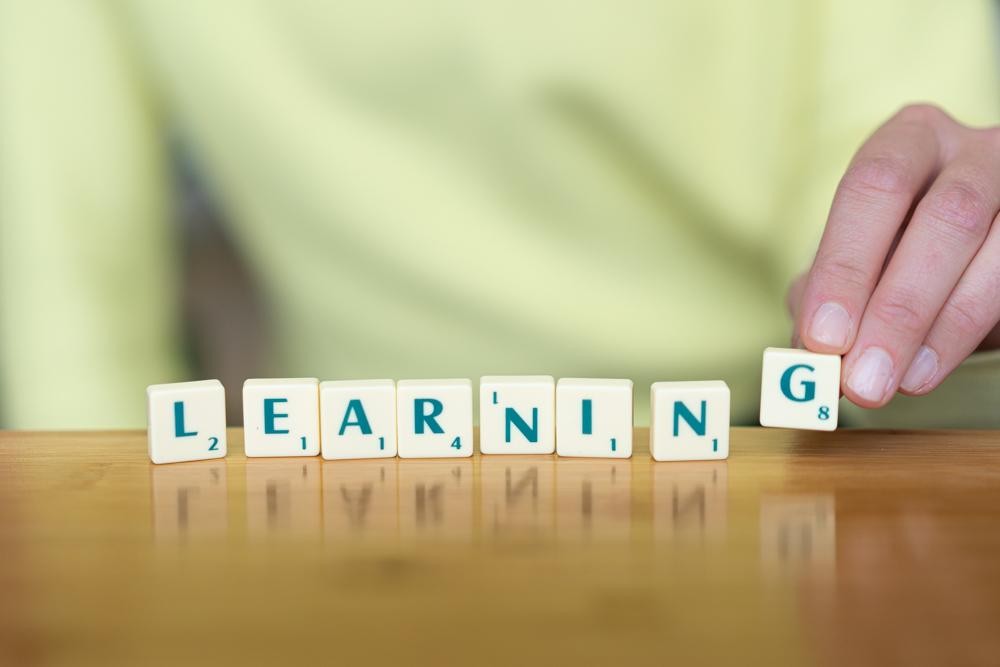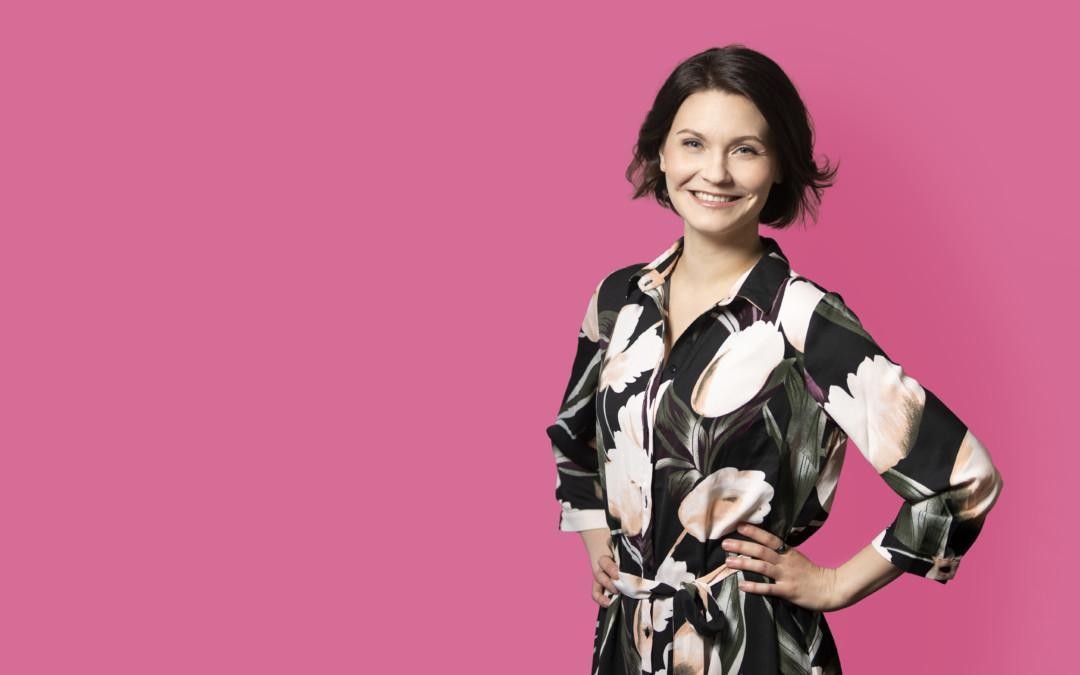Many of us struggle with making our competence visible. We tend to compare our skills with others and downplay our abilities. Often, we’re not even aware of all the implicit skills, ideas, and experiences — the so-called tacit knowledge — we have.
Today’s competence is the end result of our past experiences. That’s why we often ask ourselves: What is my competence right now? But an equally important question is what skills have I already gained in the past because sometimes our competencies slip our minds.
A learning contract is a tool you can use to map out your learning goals. It emphasises the future — and helps you create a bigger picture of your learning journey, your visions, and the steps needed along the way. The first and important question of a learning contract is where have I been. Next, I’ll delve deeper into this question.
The first question of a learning contract — Where have I been?
An easy first step, of course, is to list all your degrees and other education. The Finnish working culture emphasises degrees, so listing your educational achievements does have its place. But a degree alone doesn’t necessarily reveal much about the competencies gained during studies. What about the social aspect of learning and studying? Or general workplace skills? What skills have you gained because you’ve participated in projects, done an internship, or collaborated with peers in a learning environment? Teamwork, interaction, organisation, self-management — these examples alone show that the range of lessons learned and skills gained is wide and varied.
What about your hobbies? Or voluntary work for an organisation?
As for me, I spent 17 years of my childhood and youth as a Scout, and those years taught me a lot. Not only did I cultivate my leadership and wilderness skills, but I also gained valuable cross-cultural competence and event management skills. I learned perseverance, courage, and the ability to tolerate moments of discomfort. Sometimes, when I’m working on a tight deadline, I like to take a trip down memory lane to a Scout camp in Switzerland where heavy rain flooded the mountains, and I had to spend the night in a soaking wet sleeping bag. Suddenly, being in a cosy home office with a warm blanket on my shoulders isn’t such a bad way to meet a deadline after all. The thing is, our past experiences give us perspective to deal with the challenges we face — and that is competence, too. Our attitudes, mental models, and how we deal with things that come our way are all a part of our skillset!

Too often, we get hung up on what we think we can’t do
When working in a team or any community sharing a common interest, you need different kinds of people. For example, one team member might be great at getting things started, another at bringing things close to the finish line, while a third person might excel as the goalkeeper whose strengths are in the completion and follow-up stages. A good team takes advantage of people’s strengths instead of expecting everybody to master every aspect. In this kind of strengths-based approach, each person can utilise their competence, and things progress smoothly. For example, maybe you’re great at talking with people, building relationships and inspiring confidence, while sales is not your strong suit. So why don’t you do the talking at the beginning of a new project and hand over the following steps to your colleagues? Play to your strengths, and don’t get hung up on the things you think you can’t do.
Create your own competency map to support your learning contract
A mindmap is a familiar tool that’s also helpful in mapping out your skills and abilities. Start by writing down all the networks you’ve been a part of in the past. Then highlight a few things about each network and think about what you particularly enjoyed when you were a part of that network. Break down the highlights even further and write down what competencies contributed to you enjoying what you did and achieved. And now is not the time to be humble or belittle your accomplishments. Toot your own horn freely! Like so: “I was astonishingly good at boosting team spirit when everyone wanted to give up in the middle of everything.”
Every choice you’ve made in the past has helped create the person you are today. Your skills and abilities might be the result of long learning processes — or countless everyday micro-moments whose role in learning we don’t always even realise. Understanding your past is crucial because it allows you to look at your future goals more realistically — instead of simply comparing your goals to those of others or the confines of society. Remember to appreciate what you’ve already accomplished. You don’t always have to look forward and achieve even more because you’ve already accomplished a lot!
Find out more about the learning contract and our other learning resources here!
Annu Karkama
Learning Design Coach, Facilitator, COO

